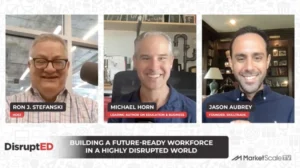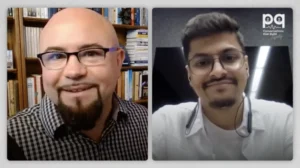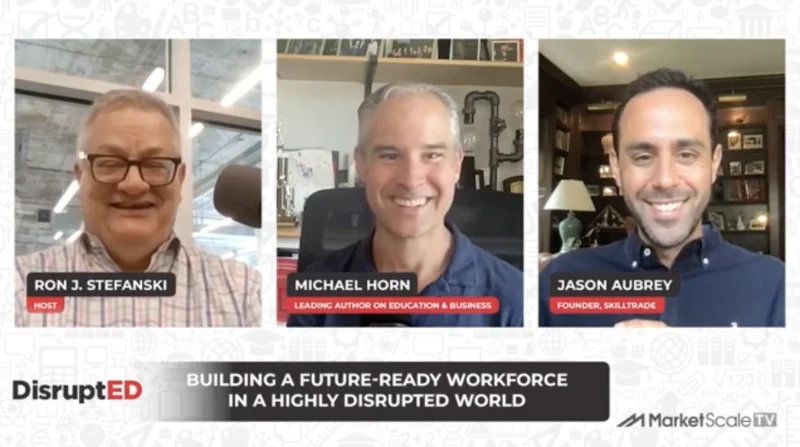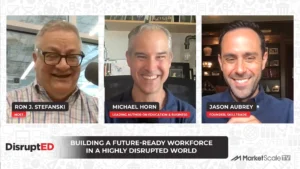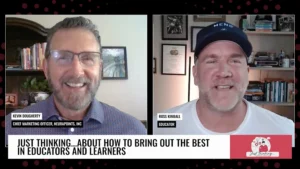5.3 Million Star Assessments Show the True Impact of the COVID Slide
Renaissance has released How Kids Are Performing: Tracking the Impact of COVID-19 on Reading and Mathematics Achievement, a report detailing the learning effects associated with COVID-19 school disruptions. Designed to end the speculation and provide guidance for educators as they address learning gaps, the report is based on the results of more than five million student assessments.
Student assessments from all 50 states and the District of Columbia were included in the sample, which consisted of students in grades 1–8 who took Star Early Literacy, Star Reading, or Star Math assessments during both Fall 2019 and Fall 2020.
Key findings of the report include the following:
- Reading performance: Student achievement in reading was, on average, only a single percentile point below where it should have been in a normal school year.
- Math performance: Math achievement has been significantly more affected by learning disruptions, falling on average seven percentile points.
- Student growth: Students grew more slowly from 2019 to 2020. In a typical year, the median student growth percentile (SGP) on Star Assessments sits at the midpoint of approximately 50. This year, the median growth percentile for reading was 45 and for math just 35.
- Learning loss: Translated into terms of instructional time, students in grades 4–7 will need on average 4–7 weeks to catch up in reading, while grades 1–3 and 8 were already on track. Students in grades 5 and 6 were more than 12 weeks behind beginning-of-year expectations in math, and students in grades 2, 3, 4, 7, and 8 would need 4–11 weeks to meet the expectations for the beginning of a typical school year.
Some student groups were more affected by learning disruptions than others, though the difference tended to be minor, at just one or two percentile ranks. Groups more negatively affected include:
- Black, Hispanic, and Native American students;
- Students who attend schools that serve high poverty populations;
- Students who attend public rather than private schools;
- Students in rural or small towns as opposed to suburban or urban schools.
The negative impacts of the pandemic were similar for students whose prior 2019 normative performance was categorized as either low, typical, or high. Essentially, there is no evidence that the pandemic exacerbated existing achievement gaps.
“After months of speculation and predictions about the effects of school building closures on student achievement, we are now in a place to use data to quantify this,” said Dr. Gene Kerns, vice president and chief academic officer at Renaissance. “We’re proud to offer the first significant assessment of student achievement in this new world, and we look forward to providing more data-driven reports as well as tools that educators can use to support their students as they close the gaps created by the pandemic.”
To further document how students are performing in 2020–2021, Renaissance will follow up the How Kids Are Performing report with a series of updates on students after the typical winter and spring screening periods to help guide educators throughout this unprecedented academic year.
Educators can download a free copy of the report now by visiting www.renaissance.com/how-kids-are-performing.




